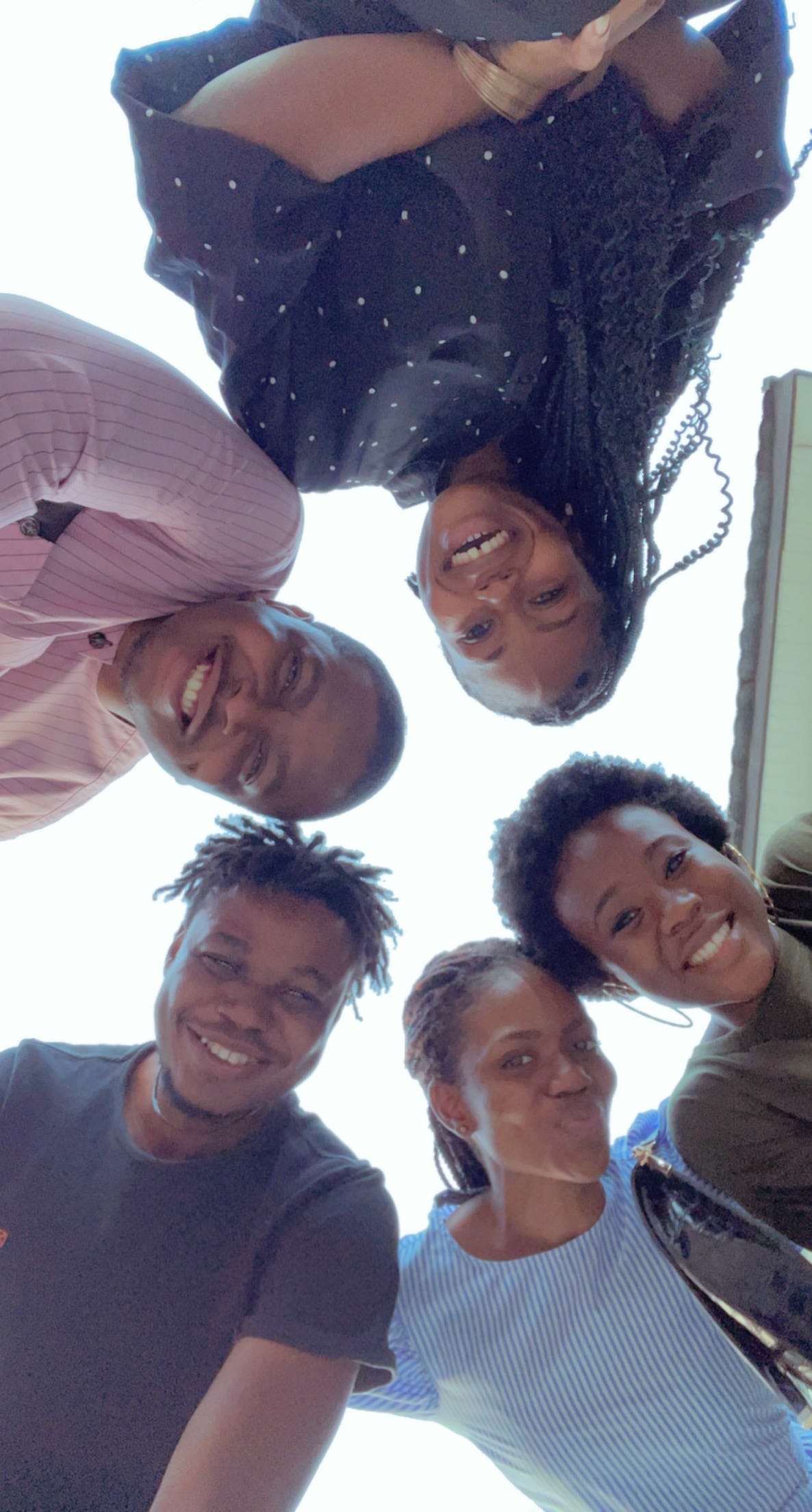It's not just you: Why Adult friendships are difficult
Oh, wow! It’s been ages, how have you been?”
“I’m doing great, and you? Not that I need to ask—you look amazing.”
“Just here for a meeting, but I’m already running late. We should catch up soon.”
“Yes, definitely. Drinks sometime?”
“Of course. I’ll message you.”
And then? Nothing. You don’t plan those drinks, you don’t send that message, and another five years pass by. When you meet again, the same dance plays out ( Or, if you’re cringy of these fake making of plans, you duck and pretend you didn’t see them at all).
Making and keeping friends as an adult often feels like a chore.
Ask about adult friendships, especially those who have moved away from the familiar neighborhoods and places they grew up in. You’ll find a common thread: It’s difficult to make new friendships as we grow older.
The reality is straightforward. As adults, we’re less inclined to make the extra effort it takes to form deep connections. It’s not that we don’t crave companionship, but sometimes, no matter how much we try, the new connections just don’t resonate the way the old ones do. We cling to our old friends, feeling more alive in those relationships, while the new ones often seem functional, tailored to a specific purpose—rigid, lacking the depth that makes us feel truly at home.
The big question is, everyone usually says they want to meet more people and make more friends. So if we all want it, why is it so difficult?
To answer this, we must first understand how friendships are formed in the first place. A key ingredient in building relationships is shared experiences. The more similarities in experience you have with someone—the challenges, the triumphs, the everyday interactions—the deeper your friendship becomes. This is why people typically form friendships in school or at work, where they spend most of their time.
But there’s an added layer, one that makes the old friendships feel safe, warm, and comforting. Why is it that with new friends, even those with whom we share similar experiences, we’re less vulnerable?
This is where the phase of life and the platform for those experiences become crucial. Friendships formed during our formative years—when our bodies, minds, and lives are rapidly changing—tend to last longer than those made later, where life has become more routine and our capitalist instincts are in full swing. The friendships that endures across uncertainties – across different classes and lectures, writing and failing exams, the friendships that endure through the university challenges, the ones that endure as our body changes, as our mind changes, ones where significant life events happen while you are still getting used to the world- are the friendships that we feel most comfortable in and are the ones we fall back to when we finish networking with 'new friends'.
The reason is simple: those early experiences gave those friends the chance to see different versions of us—versions we might want to forget, versions we cherish, and versions that have shaped the person we’ve become. They’ve seen the gradual molding to the adult version of us, where change has slowed, become more controlled, more measured. They've seen the old you and all of the stories that made the current you.
As adults, we are more aware of the world’s workings, of the transactional nature of relationships, where you’ are sometimes a ladder or favor trader . We’ve filtered our friendships down to a select few, making it difficult to look past all our experiences to embrace new friendships. This is why, no matter how much time passes without communication, we can simply pick up where we left off with old friends.
The shared experiences have intertwined our roots, making it easier for new branches to coexist even without being in same environment. These friends have seen us change and are comfortable with our different versions because they know the foundation of who we are.
In a sense, shared experiences increase the barrier to trust with new friends, limiting the chances we give new relationships. The old friendships do not need to prove themselves and even when they do, we can always draw from the emotional bank built over the formative years to write off any differences (Where it is not too extreme).
With old friends, we’re more likely to overlook personal differences, to be more accepting, to feel more at ease. We let our guard down more easily, expecting and extending grace more naturally.
But what can be done? It’s important to make new friends as we go through life, so how do we break the cycle of endless coffee or drinks plans that never materialize?
If you’re reading for answers, I’m afraid I don’t have them. I don’t claim to know it all (Except it’s a conversation about the New York Five Families).
One thing I’ve observed is that friendships develop with the people you spend the most time with in a whole or dynamic environment, and this ties back to shared experiences. Distance—whether emotional or physical—is the strongest barrier to forming new friendships.
For a bond to form, you need shared experiences that go beyond the surface. These aren’t the linear experiences confined to a specific activity without the risk of failure, growth, or challenge. Linear experiences seldom lead to deep friendships. Think of the friends you only see on weekends for drinks, those you meet at the book club, or those you interact with at church- Those are linear friendships. Bonding needs depth, and depth often arises from shared fears, challenges, hopes, and even traumas.
Of course, these aren’t absolutes—
The best thing about this is that it is not impossible to form new friendships but it is important to realize that it will take time and it would need you to ensure your friendships don’t get too linear else they would not step out of the acquaintance loop where the friendship isn't centered around you both but around an event, an activity or a place. It is also the realization that it will take significant effort to make it happen, and sustain it even when it kicks off organically.
You will have to pick up on that plan for drink, reach out and look to invest time various activities and non-activities to thicken the bond. I guess that is why it's easier for people to substitute all of this for romantic relationship because it takes almost the same amount of effort for friendships and many don’t have that time or patience.
In the end, it’s about understanding what you value, who has similar values and weighing who is worth that effort that you’re going to make.
Goodluck.






